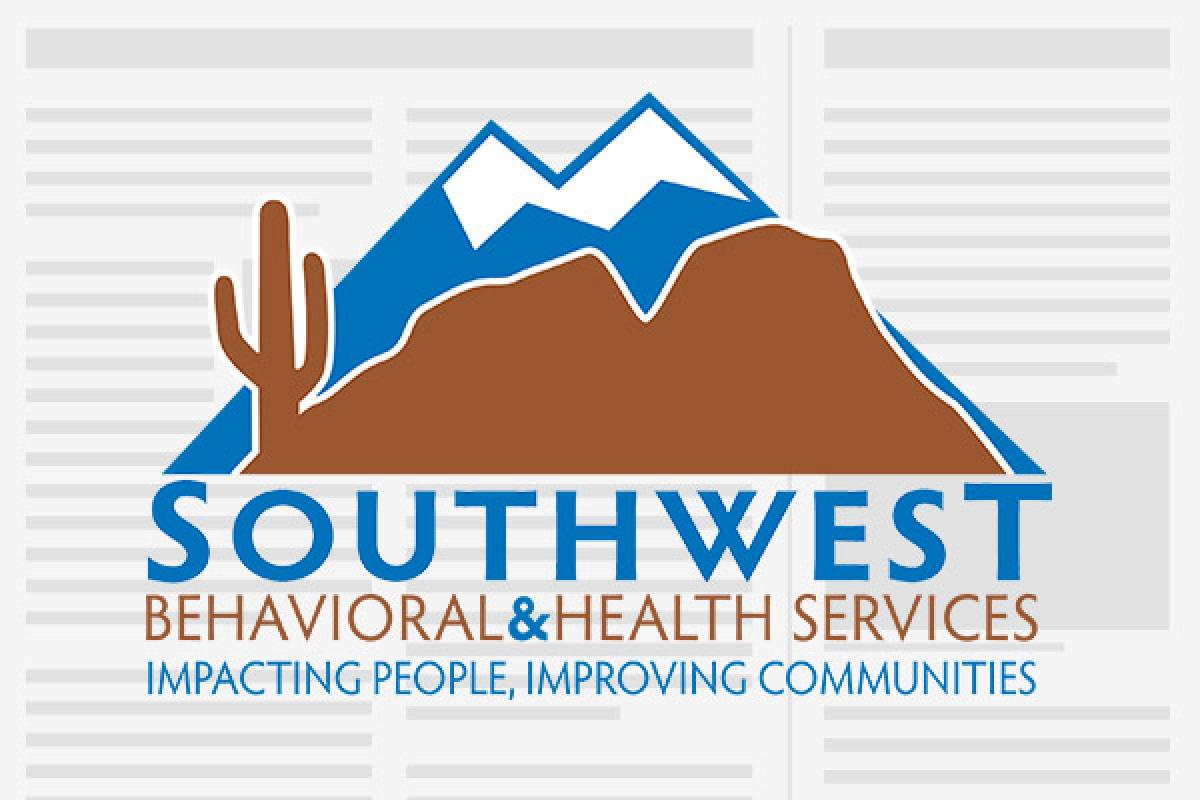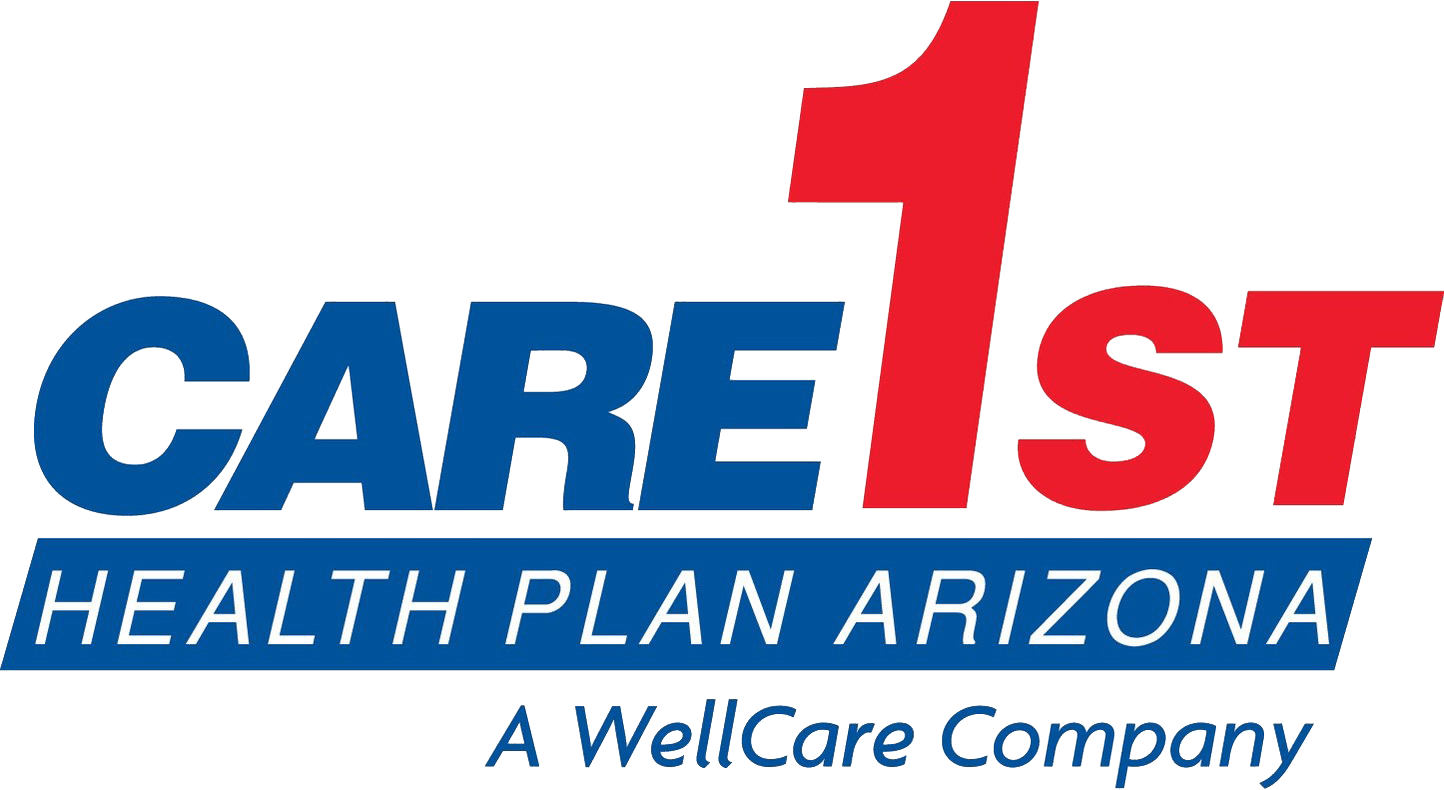Image

When it comes to getting our kids ready for school, we know the drill: running errands to pick up new clothes, food for lunches and, perhaps most importantly, school supplies. As parents, we are accustomed to preparing our kids for the coming school year, yet rarely take time to get ourselves prepared for the possible challenges ahead. Here are six steps that you can take to reduce the chances your child will drink or use drugs.
- Build a warm and supportive relationship with your child. It is essential to maintain a close relationship with your child during the teen years. You can do this by regularly discussing shared interests. Take the time to learn about your child’s hobbies and engage in extracurricular activities with him/her. Be available to help your child work through challenges. Strive for honest and direct communication and keep levels of anger and emotion at an all time low. Offer praise and positive feedback.
- Be a good role model when it comes to drinking, taking medicine and handling stress. According to a recent study, when it comes to alcohol and other drugs, children are likely to model their parents’ behaviors – both healthy and unhealthy ones. Drinking alcohol in excess around your children or using illicit drugs increases the likelihood they will develop alcohol or drug problems. When it comes to prescription drugs, don’t save prescribed medications for when they may come in handy. Don’t share medications with other family members or friends. And be sure to properly dispose of all unused prescription drugs. Don’t use alcohol as a coping mechanism or to relieve stress. Children learn behavior by observing their parents.
- Know your child’s risk factors. Research shows that some teens are more at risk for developing a substance abuse problem than others. Keep in mind that risk factors do not determine a child’s destiny. Learn about some common risk factors associated with teen drug and alcohol abuse. One of those risk factors is having a family history of substance use. If there is a history of dependence or addiction in your family, share this information with your child since he or she is at a higher risk than others.
- Know your child’s friends. Parents set the foundation for their child’s interaction with friends. Knowing who your child’s friends are and what they are like helps you be more prepared to intervene if a problem occurs. If you don’t like your teen’s friends, follow your instinct. Keep a close eye on him/her and let your teen know about your concerns. Check in with your teen’s friends and get to know their parents. Do they have similar values when it comes to raising teens?
- Set Boundaries. Know where your child is at all times, especially during the after-school period. Keep track of academic performance. Be present during extracurricular activities and parties. Set reasonable rules for curfews, chores and other areas. Be consistent about consequences if the rules are not followed and firmly establish a rule that any drug or alcohol use will not be tolerated.
- Finally, have ongoing conversations and provide information about drugs and alcohol. This will help build a healthy supportive relationship between the two of you. Look for teachable moments to talk with your child about drugs. Good examples are back to school time, car rides or sharing a news story about addiction. Remind your child about your disapproval of underage drinking and drug use. Talk about the health and safety risks of teen drug and alcohol use. If you’re having trouble communicating with your teen, you may want to get some outside help from a professional.














